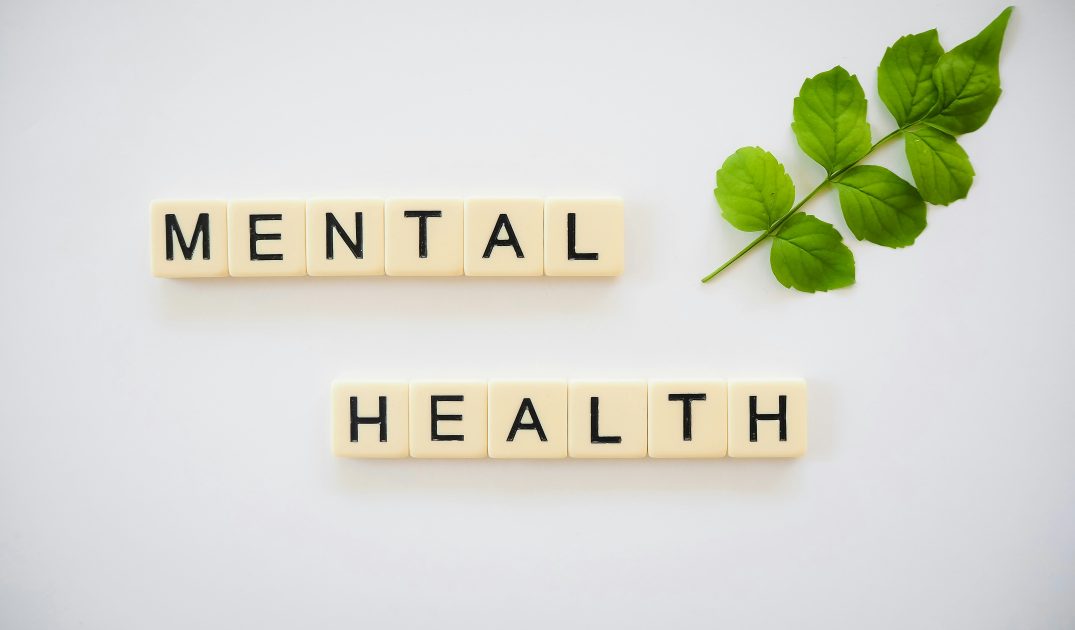Dreams and mental health are deeply connected in ways many people overlook. Every night, as you sleep, your mind processes thoughts, emotions, and experiences through dreams. These nighttime stories are not random. They reflect your inner world and can reveal a lot about your emotional and psychological state.
Understanding this link can improve your well-being and help you find balance. Dreams are more than fleeting images. They can influence how you feel when you wake up and even shape your mental health over time.
Why Do Dreams Matter for Mental Health?
Dreams play an important role in emotional regulation. When you sleep, your brain continues to work, sorting through memories, feelings, and stress. This process helps maintain stability in your mental state.
Many experts believe that dreaming acts as a natural therapy session for the mind. It helps release tension and provides a safe way to process emotions. Some of the best books on the spiritual power of dream states explain how dreams serve as a bridge between conscious and subconscious thought, guiding personal growth and emotional healing.
Ignoring your dreams means ignoring a powerful tool for self-awareness. When dreams are positive, they leave you feeling uplifted and creative. When they are disturbing, they may point to stress or unresolved conflict. Either way, they provide insight into your mental health.
The Connection Between Dreams and Mental Health
The relationship between dreams and mental health is supported by research. People with anxiety or depression often report recurring nightmares or restless dreams. On the other hand, pleasant and meaningful dreams are linked to improved mood and reduced stress.
This strong connection between dreams and emotion explains why your sleep quality affects how you feel during the day. Dreams are not just entertainment. They reflect your inner struggles, hopes, and fears.
When mental health suffers, dreams often become chaotic or fragmented. When the mind is at peace, dreams tend to be calm and meaningful. This feedback loop shows how closely dreams and mental health influence each other.
How Dream Patterns Affect Emotional Well-Being
Patterns in dreams can reveal hidden issues. Recurring nightmares may signal trauma, anxiety, or overwhelming stress. Vivid, positive dreams often show that you are emotionally stable and coping well. This illustrates how dream patterns affect emotional well-beingin daily life.
Keeping a dream journal is one of the simplest ways to track these patterns. Write down what you remember each morning. Over time, you may notice recurring themes or symbols. These clues help you understand your subconscious mind and guide you toward emotional healing.
Dreams and Mental Health: Understanding the Psychology of Dreams
The study of dreams has fascinated psychologists for decades. While theories vary, most agree that dreams are linked to memory, emotion, and problem-solving. They help your mind process experiences you may not fully understand while awake.
By understanding the psychology of dreams, you gain a better sense of your inner life. Dreams can highlight unresolved feelings or bring hidden strengths to light. Interpreting dreams is not about predicting the future. It is about self-discovery and improving mental health through awareness.
Dreams and Mental Health: The Impact of Dreams on Well-Being
The impact of dreams on well-being is significant. Healthy dreaming combined with restful sleep can lower stress and boost mental clarity. Positive dreams encourage creativity and optimism. In contrast, disturbing dreams can lead to fatigue, irritability, and anxiety.

Photo by Sam Bhattacharyya on Unsplash
If you frequently experience unsettling dreams, consider adjusting your bedtime routine. Meditation, breathing exercises, and reducing screen time can improve sleep quality and reduce negative dreams. Better sleep often leads to better mental health. This shows the interrelationship between dreams and mental health.
Spiritual and Emotional Dimensions of Dreaming
Dreams are not only psychological; they can also have a spiritual meaning. Many cultures view dreams as messages from the inner self or even from a higher power. Exploring this side of dreaming can bring comfort during stressful times and deepen your understanding of life.
Some books go beyond science and offer a holistic approach to dream interpretation. They teach practical methods to connect with your inner world and use dreamwork for personal transformation. These resources emphasize that dreams can guide you toward healing and clarity when approached with openness and reflection.
Dreams and Mental Health: Practical Tips for Better Dream Awareness
You don’t need to be an expert to benefit from your dreams. Simple habits can help you understand them better and support mental health:

- Keep a dream journal. Take note of every detail you remember as soon as you wake up.
- Look for patterns. Notice repeated themes, emotions, or symbols.
- Reflect on your feelings. Ask how the dream connects to your current life or mood.
- Create a calming bedtime routine. Reduce stress before sleep for more positive dreams.
These small steps can help you use your dreams as a tool for self-care.
Why This Matters for Your Mental Health
Dreams give your mind a safe space to process emotions. When mental health challenges arise, your dreams often reflect them. By paying attention, you can take action early. Understanding your dreams means understanding yourself.
The connection between dreams and mental health is too important to ignore. Both science and spirituality agree: your dreams are a mirror of your inner world. They reveal what words often cannot.
Take the Next Step in Your Dream Journey
If you want a deeper understanding of your dreams, start with the proper guidance. Dreams: The Magic of the Night by Kenneth K. Gray is an excellent resource for anyone interested in dream interpretation.
This book shows why the best interpreter of your dreams is you. It uses real examples from the author’s dream journals and explains practical methods for dreamwork. The goal is not just to remember dreams but to use them for personal growth and self-discovery.
From recognizing destructive attitudes to uncovering uplifting insights, this book will help you explore the vast inner universe that dreams reveal. If you want to live a more fulfilling life and find your true identity, get your copy of Dreams: The Magic of the Night today and begin your journey.





